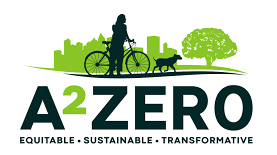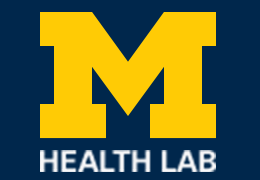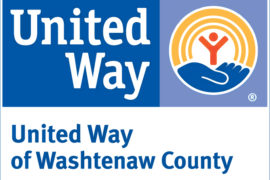The City of Ann Arbor has been awarded a $10 million grant from the U.S. Department of Energy Community Geothermal Technologies Office (GTO) to begin implementing a community geothermal heating and cooling system in the Bryant neighborhood. The city has been partnering with the Bryant neighborhood since 2021 to justly and equitably implement cutting-edge, energy-efficient infrastructure and resources that bring energy cost savings to lower-income city residents.
Geothermal community-scale heating and cooling systems use geothermal energy to provide climate control to buildings, including residences and businesses, through an underground distribution network. Using geothermal energy for heating and cooling can help U.S. communities meet their energy needs, drive down costs and create local jobs. GTO’s initiative features urban/suburban and rural communities using a range of system sizes, technologies and innovations — offering diverse case studies that will help other communities see how they can also implement community geothermal.
This award funding represents a second phase of support to Ann Arbor from the U.S. Department of Energy, with the first phase supporting deep engagement with Bryant residents to understand their heating and cooling needs and design a system capable of meeting those needs. This second phase of funding will allow the city, under the newly created Sustainable Energy Utility (SEU), to build and operate a community geothermal system to provide nearly all of the heating and cooling needs for the 262 homes in the Bryant neighborhood along with the local elementary school and community center.
“We are humbled and honored that the U.S. Department of Energy has selected Ann Arbor’s project for implementation support,” said Mayor Christopher Taylor. “For over three years, the city, Community Action Network and, most importantly, the residents of Bryant have been working to make Bryant one of the most sustainable neighborhoods in America, and with this award from the Department of Energy, that vision is now one giant step closer to reality.”
While geothermal systems can be designed to serve an individual household or building, the design proposed by Ann Arbor imagines a system that serves multiple households and buildings at one time. Each home or building in the system will have its own geothermal heat pump that connects to the underground community geothermal loop, allowing it to transfer heat between the home or building and the overall system while meeting all of the individual, unique heating/cooling needs.
“Systems like the one designed in this project provide a much more energy efficient and healthy heating and cooling option than traditional fossil gas furnaces, meaning lower energy bills, fewer greenhouse gas emissions, improved comfort and healthier indoor spaces,” said Missy Stults, sustainability and innovations director at the city. “Embracing technologies such as community geothermal, is an important part of the city’s efforts to achieve A2ZERO, Ann Arbor’s 2030 carbon neutrality goal.”
“A regional geothermal district has the power to transform under-resourced communities like Bryant by delivering affordable, clean energy and dramatically reducing their carbon footprint,” said Derrick Miller, executive director of Community Action Network at the Bryant Community Center. “This groundbreaking solution is more than just an energy upgrade — it’s a game changer that empowers residents, creates jobs and paves the way for a brighter, more sustainable future!”
Over the next several months, the city and its partners will finalize the details of the geothermal design and initiate the contracting process. The goal is to have a fully operational geothermal system for Bryant in 2028. Major collaborators on the city’s successful grant application include: the residents of Bryant, Community Action Network, IMEG and UA Local 190: Plumbers, Pipefitters, Service Technicians and Gas Distribution Workers. To learn more about the city’s work on geothermal, visit the geothermal heating and cooling website. For more information on the U.S. Department of Energy’s geothermal programs and the selected communities and their projects selected under this funding announcement, visit GTO’s website.













